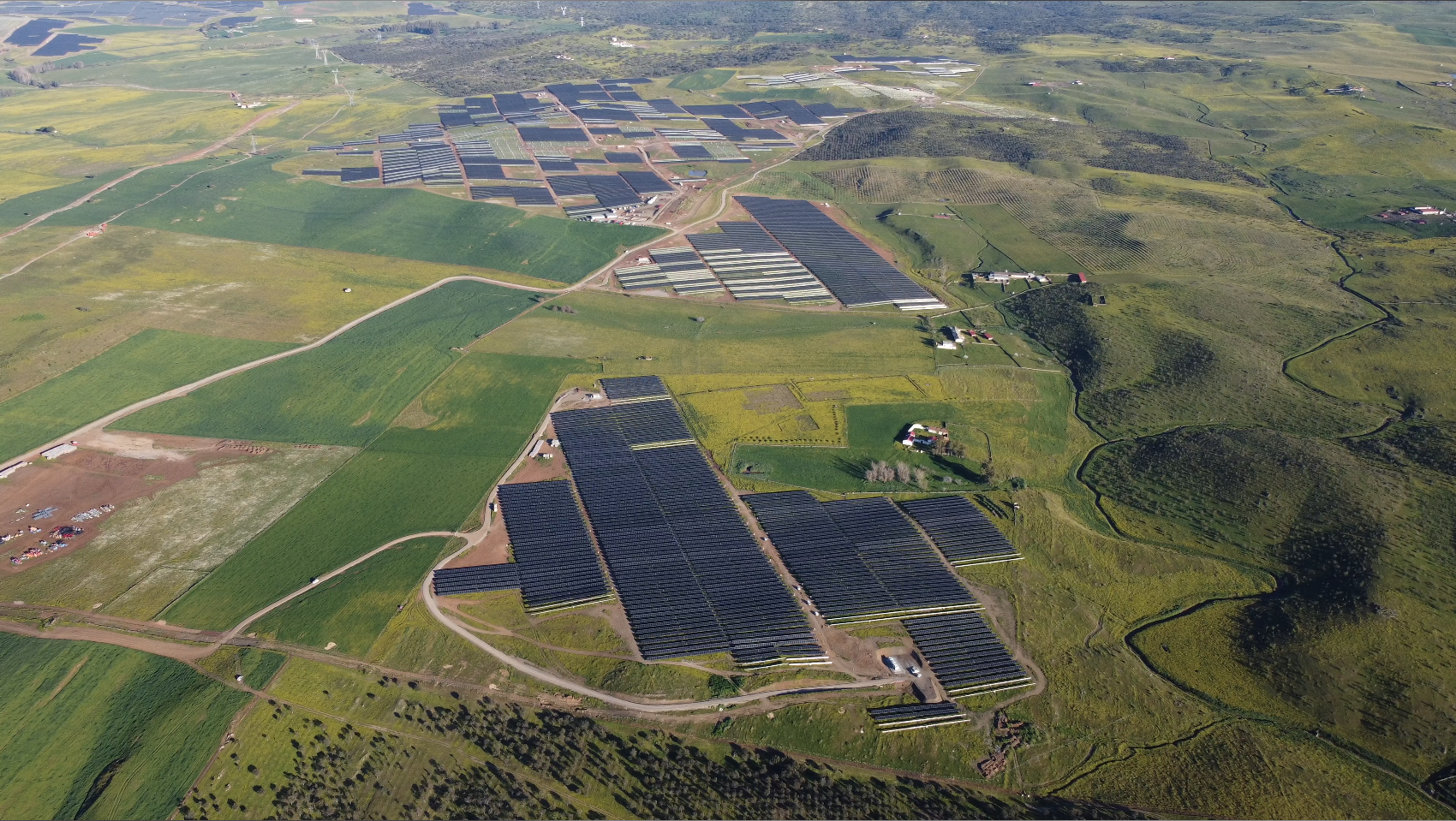The political strategy that saw Democratic lawmakers leave Texas to block controversial voting legislation has resulted in significant and ongoing financial consequences for the minority party. What began as a dramatic protest tactic has evolved into a sustained financial burden, testing the resources of legislators and their supporters as costs continue accumulating months after the high-profile standoff.
During the summer legislative session, more than 50 Democratic representatives and senators made national headlines by departing the state to deny Republicans the quorum needed to conduct business. While the move successfully delayed the voting bill’s passage, it required substantial logistical expenditures that many participants hadn’t fully anticipated. The out-of-state stay in Washington D.C. involved unexpected costs including extended hotel accommodations, security details, legal fees, and lost wages for staffers unable to work during the prolonged absence.
Los informes de financiamiento de campañas muestran que el impacto financiero va más allá de los gastos inmediatos. Muchos legisladores agotaron sus fondos de campaña para cubrir los costos relacionados con la ruptura del quórum, dejando menos recursos disponibles para futuras elecciones. Algunos legisladores han documentado gastos individuales que superan los $25,000 de sus fondos políticos, y varios han recurrido a sus ahorros personales para cubrir el déficit. El Partido Demócrata de Texas ha tratado de ayudar a través de esfuerzos de recaudación de fondos, pero las autoridades del partido admiten que no han podido compensar completamente a todos los participantes.
The fiscal pressure emerges during an especially inconvenient period, as the 2022 election cycle is already in motion. Republican adversaries have capitalized on the scenario, depicting Democrats as careless with resources in their campaign literature. At the same time, Democratic incumbents are forced to begin fundraising sooner and with more urgency than expected, shifting their focus from policy debates to financial recuperation.
Legal expenses represent another mounting concern. Several lawmakers face potential fines and sanctions from the Republican-led legislature, while others have incurred costs related to defending against procedural challenges and potential arrest warrants issued during the standoff. These unanticipated legal bills continue to arrive even as the voting legislation they protested has since become law.
The situation has led to internal conversations concerning the strategies for protests and the distribution of resources within the Texas Democratic caucus. Some members wonder if the financial costs will lead to political benefits, while others argue that the moral and symbolic significance justified the expenses. These discussions take place amid Texas’ increasingly contested political environment, where Democrats perceive chances but are still outmatched financially by Republicans.
Fundraising challenges have been compounded by donor fatigue following the 2020 election cycle and competing demands from national Democratic priorities. Many traditional donors have shifted attention to higher-profile races in other states, leaving Texas Democrats to rely more heavily on grassroots contributions that take greater effort to secure in smaller amounts.
The financial repercussions extend beyond elected officials to activist groups and political operatives who supported the quorum break. Several progressive organizations redirected budgets toward the effort, leaving fewer resources for voter registration drives and other ongoing initiatives. Some political staffers report having worked without pay during critical periods, creating personal financial hardships.
As Democrats work to rebuild their financial footing, Republicans have capitalized on the situation by portraying their opponents as unserious about governing. GOP fundraising appeals frequently reference the quorum break, using it as evidence of Democratic obstructionism. This narrative has proven effective in rallying Republican donors, further widening the financial gap between the parties in Texas.
The situation has led a number of Democratic legislators to propose the creation of a reserve fund for upcoming protest activities, although some contend that the conditions were exceptional and unlikely to happen again. What is evident is that the strategic choice to disrupt the quorum, though it met immediate goals, has resulted in ongoing financial difficulties that are expected to affect Texas politics far into the future beyond the current legislative meeting.
Political specialists indicate that the financial consequences might influence efforts by Democrats to attract candidates for forthcoming elections, as individuals consider the future personal costs of such actions. The scenario additionally emphasizes the differences in resources between the minority and majority parties in the state, illustrating how procedural conflicts can result in enduring financial impacts in contemporary politics.
As Texas Democrats attempt to secure their financial footing, this situation exemplifies the frequently neglected financial aspects of political protest. The expenses associated with maintaining principle, although challenging to measure, have undeniably influenced the party’s strategic planning for the future. Their financial recovery could be crucial in deciding their capacity to compete successfully in one of the nation’s key political arenas.




